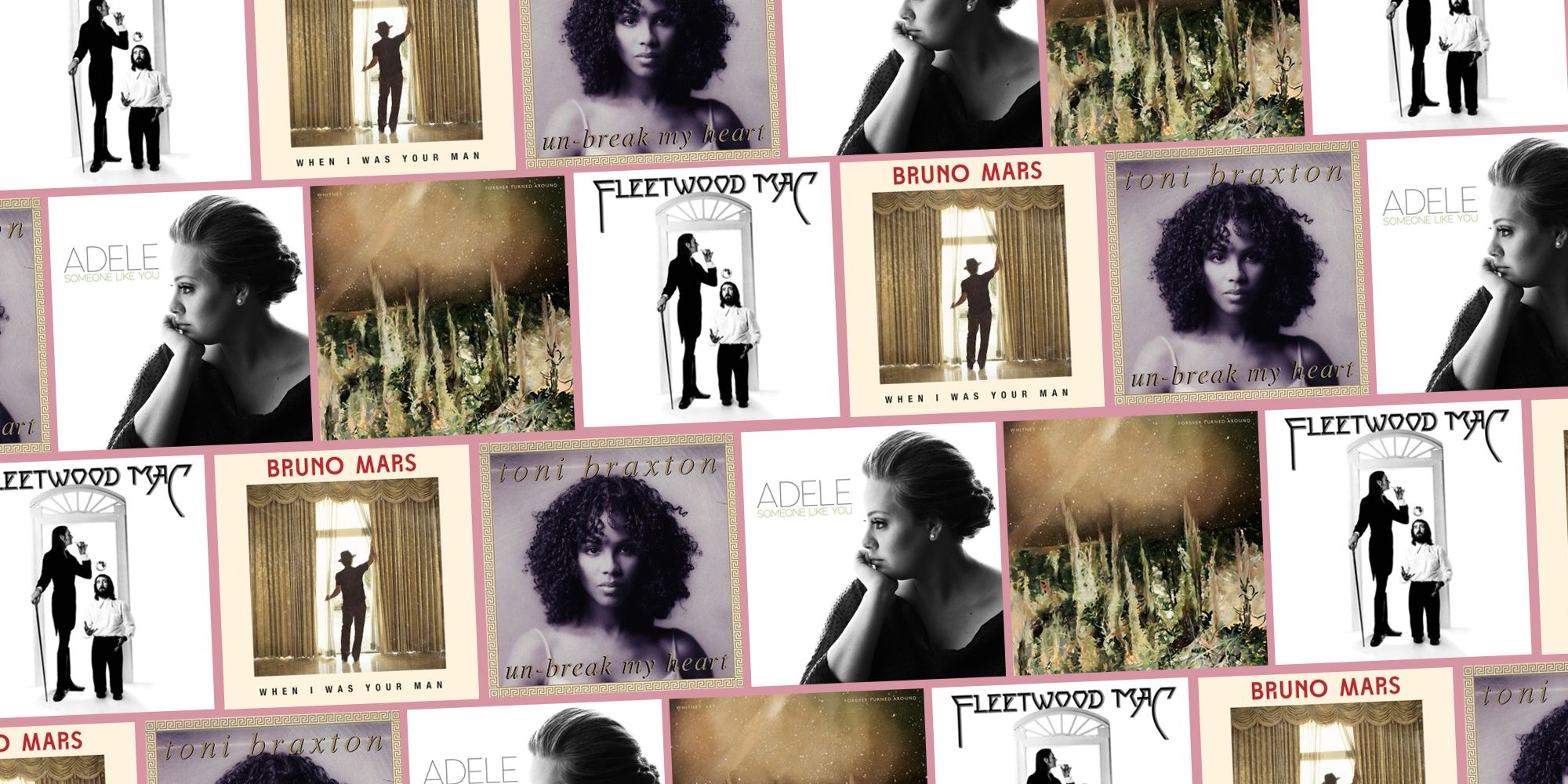
:format(webp)/http://s3-ap-south-1.amazonaws.com/wynk-music-cms/srch_universalmusic/music/1631700840/srch_universalmusic_00602438819645-USGR10080059.jpg)
“Around family-starting, there are very few examples of someone choosing to be on their own, particularly women, not shown without remorse or regret.” Think of the archetype of the curmudgeonly old great-aunt: We’re shown that being alone is never a choice but rather is unfortunate, depressing, shameful, or pitiable. “TV shows we see, books we read-there are relatively few narratives that celebrate a character who is alone by choice,” says Alyssa Petersel, founder of MyWellbeing, a mental health website built to help match therapists and clients. The fear of being alone certainly isn’t helped by decades of media portrayals of single women. After reading that report, I was officially in agreement with the league of terrified lonely millennials-I definitely don’t want to become chronically lonely. A meta-analysis of studies on the emotion helps stoke those fears: Chronic loneliness can have the health effects of smoking 15 cigarettes a day. That same year Surgeon General Vivek Murthy, M.D., defined loneliness as an epidemic. Loneliness is extremely scary for my demographic: 42% of millennial women are more afraid of loneliness than a cancer diagnosis, according to one 2017 survey.

I don’t particularly enjoy feeling lonely-and I’m not alone in that feeling at all. The idea of finding a relative stranger to shack up with was becoming ever more appealing. I was Zoom fatigued, concerned about an indefinite loop of required social distancing, and missing human touch increasingly. But two months in, the fear of being alone began to creep in, though. During quarantine, my Google calendar has been packed. I am that friend who is always busy-not even a pandemic could stop me.


 0 kommentar(er)
0 kommentar(er)
